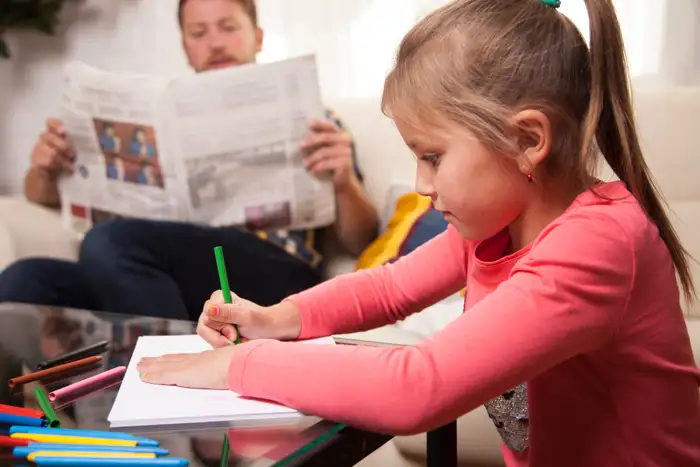Upbringing IELTS Listening Reading Practice
Upbringing IELTS Listening Reading Practice
Lecturer, author or publisher: The School of Life
Upbringing IELTS Reading Practice
They do their homework on time. Their writing is neat. They keep their bedroom tidy. They’re often a little shy. They want to help their parents. They use their brakes when cycling down a hill. Because they don’t pose many immediate problems, we tend to assume that all is well with good children. They are the target for particular concern that all goes to the kids who are graffitiing the underpass. People imagine that good children are fine because they do everything that’s expected of them and that, of course, is precisely the problem.
The secret sorrows and future difficulties of the good boy or girl begin with their inner need for excessive compliance. The good child isn’t good because by the work of nature; they simply have no inclination to be anything else that they are good because they have no other option. Their goodness is a necessity rather than a choice. Many good children are good out of love of a depressed harassed parent who makes it clear they just couldn’t cope with any more complications or difficulties or maybe they’re very good to soothe violently angry parent who could become catastrophically frightening at any sign of less than perfect conduct, but this sort of repression of more challenging emotions, though it produces short-term pleasant obedience, stores up a huge amount of difficulty in later life. Practiced educators and parents should spot signs of exaggerated politeness and treat it as the grave danger it really is.
The good child becomes the keeper of too many secrets and an appalling communicator of unpopular but important things. They say lovely words; they’re experts in satisfying the expectations of their audiences but their real thoughts and feelings stay buried and then generate psychosomatic symptoms, twitches, sudden outbursts and sulfurous bitterness.
The sickness of the good child is that they have no experience of other people being able to tolerate their badness. They’ve missed out of vital privilege according to the healthy child that have been able to display envious greedy ego-maniacal sides and yet be tolerated and loved, nevertheless.
The good person typically has particular problems around sex. As a child, they may have been praised for being pure and innocent. As they become an adult, however, like all of us, they discover the ecstasies of sex which can be beautifully perverse and excitingly disgusting but this may be radically at odds with a picture of what they believe they’re allowed to be like. They may, in response, disavow their desires, go cold and detach from their buddies, or perhaps give in to the longings only in a disproportionate way that’s destructive to other bits of their lives and leaves them disgusted and frightened.
At work, the good adult has problems too. As a child, they follow the rules, never make trouble and take care not to annoy anyone, but following the rules won’t get you very far in adult life. Almost everything that’s interesting, worth doing or important will meet with a degree of opposition. A brilliant idea will always disappoint certain people and yet maybe very much worth holding onto. The good child is condemned to career mediocrity and sterile people pleasing. Being properly mature involves a frank, unfrightened relationship with one’s own dark sides, complexities and ambitions. It involves accepting that not everything that makes us happy will please others or be honored as especially “nice” by society, but that it can be important to explore and hold on to it, nevertheless.
The desire to be good is one of the loveliest things in the world but in order to have a genuinely good life, we may sometimes need to be — by the standards of the good child — fruitfully and bravely bad.




2. The video was so deep and influential and I am sure that even these days, many parents and well-wishers are not aware of that. Parents force children to do what is called etiquette and children’s free will gets damaged.
What is your opinion about it?
1. What are the problems that obedient children may face in the future?